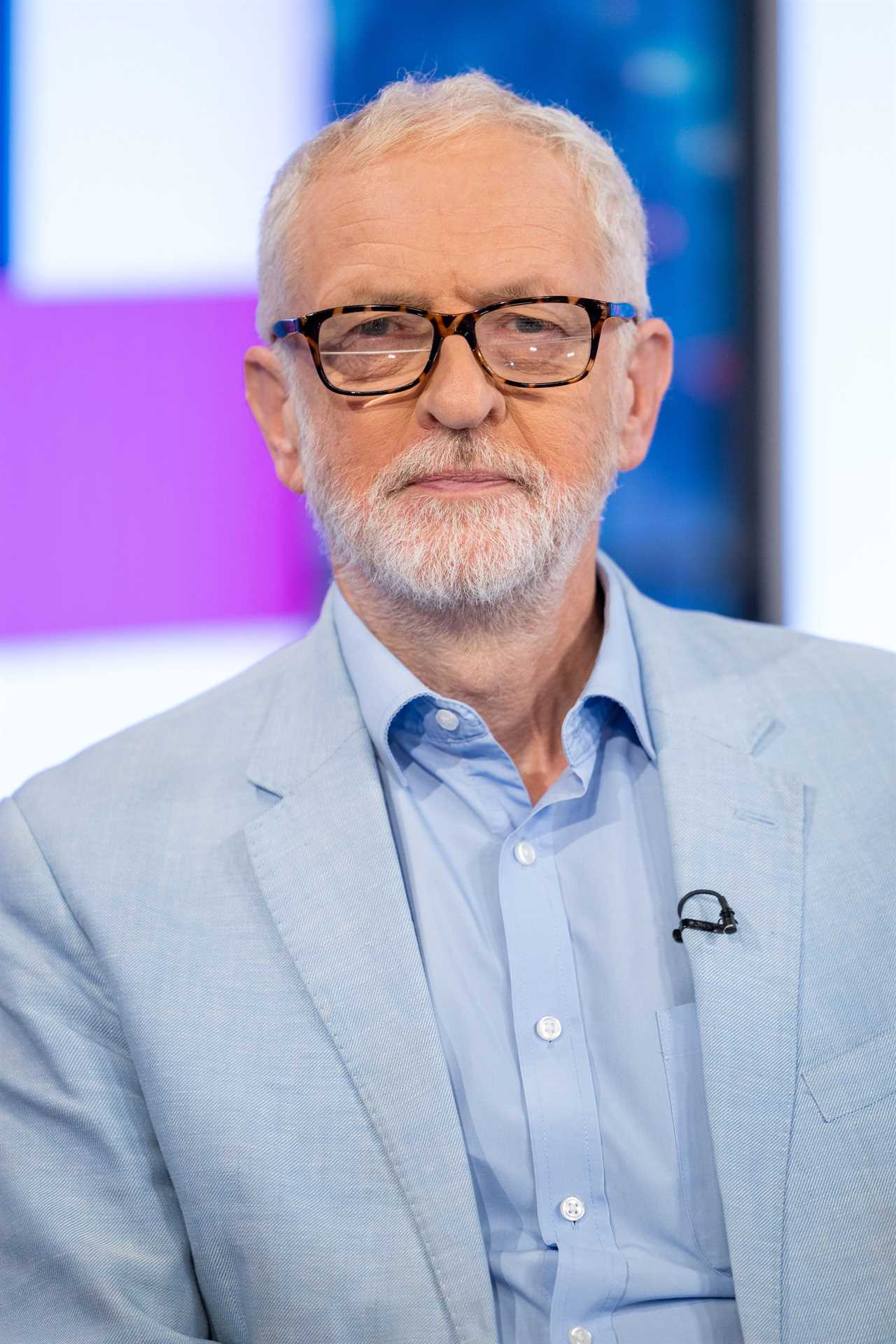
In the midst of Jeremy Corbyn's proposed establishment of a hard-left political entity, uncertainties loom large as the former Labour leader hesitates to confirm the leadership structure.
The Evolving Political Landscape:
Following MP Zarah Sultana's departure from Labour, suggesting a co-leadership role with Corbyn, the landscape of left-wing politics in the UK faces a potential shift. This move towards a new party, involving independent MPs and activists, reflects a broader trend of ideological realignment in British politics.
Structural Challenges and Ideological Tensions:
Corbyn's reluctance to solidify the leadership dynamics hints at deeper ideological tensions within the proposed party. His hesitation to endorse a hierarchical structure aligns with collectivist principles, posing a challenge in balancing individual leadership with communal decision-making.
Reactions and Political Legacy:
Corbyn's legacy as Labour leader, marked by controversies and allegations of institutional anti-Semitism, reverberates in the backdrop of this new endeavour. The departure of MPs like Sultana underscores the ongoing struggle within the left to navigate issues of identity, ethics, and political strategy.

As discussions unfold and the contours of this emerging political entity take shape, the path ahead remains uncertain. The quest for a 'real alternative' to mainstream politics, championed by Corbyn and his allies, faces both internal and external challenges that will shape the future of the British left.






